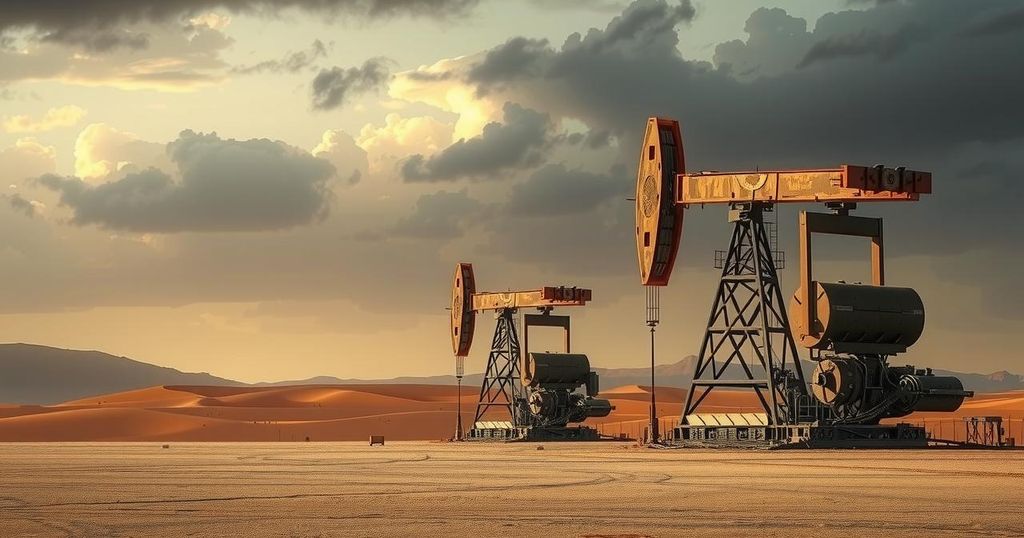- Libya’s oil sector sees renewed interest from international oil majors.
- Political tensions grow as Dbeibah confronts the RADA militia group.
- RADA declares a ‘war of survival’ against the GNU’s demands.
- Analysts warn of a higher risk of civil conflict if power struggles continue.
Oil Majors Eye Libya Amid Political Turmoil
Libya’s complex political landscape continues to trouble analysts as oil companies eye opportunities in the region. Despite ongoing tensions between rival factions, international oil majors are reportedly returning to Libya’s oil fields. Analysts suggest that their financial investment could potentially bring some degree of stability, but many caution that the situation remains precarious. The question on everyone’s mind is whether these oil giants can have a positive impact while the nation grapples with internal strife.
RADA and GNU’s Showdown Intensifies With Ultimatum
Tensions boil over in Libya as the interim Prime Minister, Dbeibah, confronts the Special Deterrence Force, better known as RADA. The GNU, based in Tripoli, has accused RADA of harboring criminal elements, including individuals wanted by the International Criminal Court. Dbeibah’s recent ultimatum demands the militia abandon its control over the strategically important Mitiga Airport. RADA’s response, marked by a declaration of a ‘war of survival,’ indicates their readiness to intensify military engagements, demonstrating the volatility of the situation.
Dbeibah’s Authority Weakens as Conflict Escalates
Political analysts are noting the declining power of Dbeibah as he risks losing control over key institutions in Libya. The ongoing power struggle highlights that RADA, although not traditionally aligned with Haftar’s faction, challenges Dbeibah’s authority significantly. The situation has sparked fears that without effective governance, the likelihood of another civil war could become a reality if a power-sharing deal isn’t reached between the parties involved. This back-and-forth underscores the fragile state of governance as factions vie for power.
The situation in Libya is undoubtedly tense as oil majors return to the market amid rising political confrontations. The leadership of PM Dbeibah is under scrutiny as internal conflicts threaten stability. Without collaborative power dynamics between the GNU and the militia groups, the path to peace remains uncertain and precarious.






